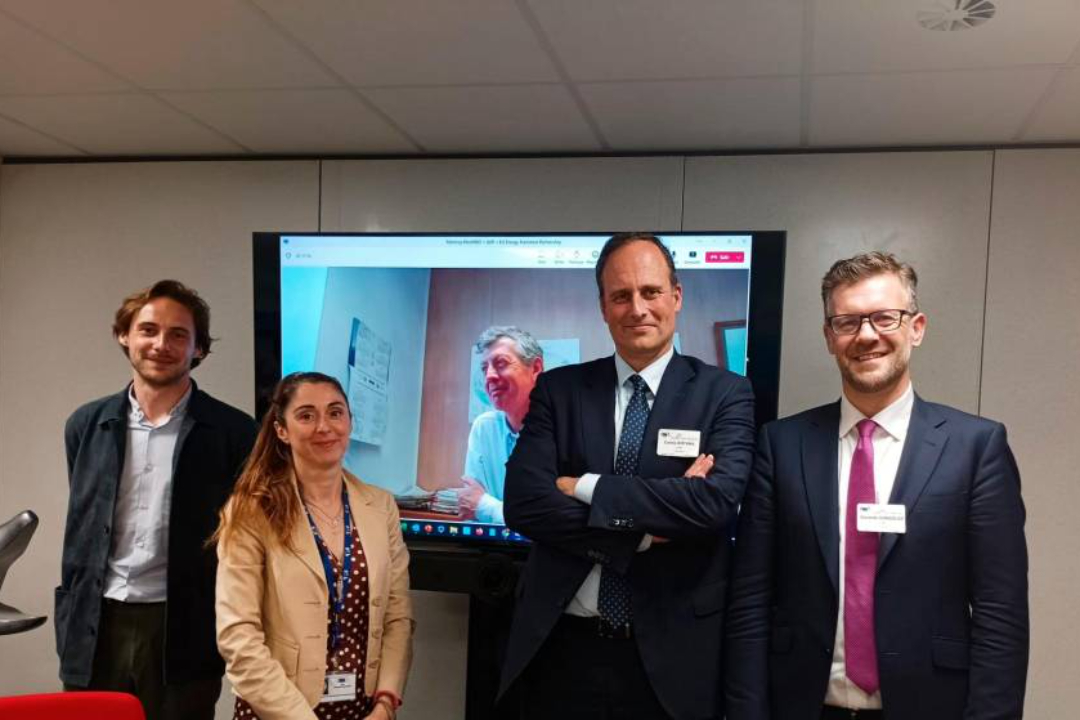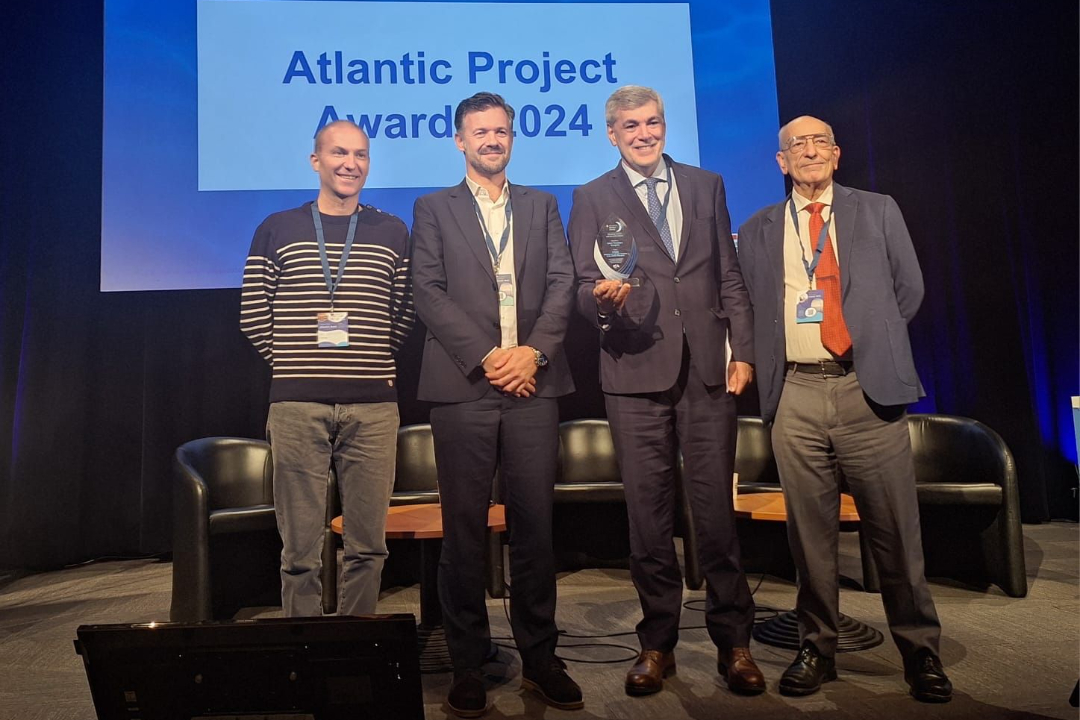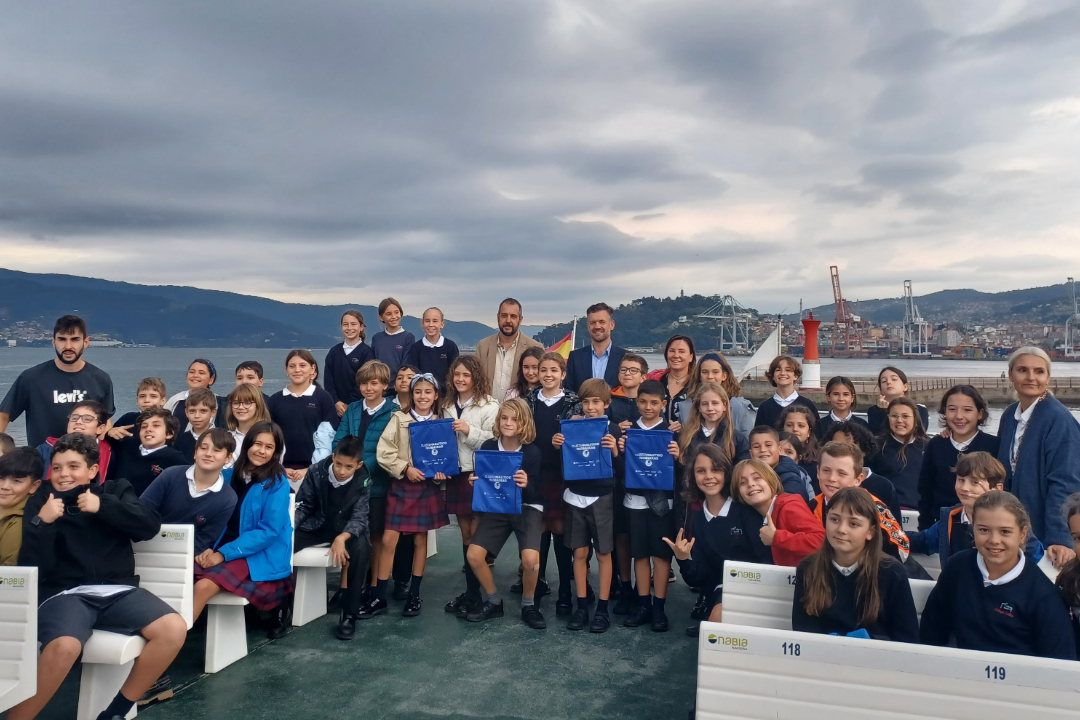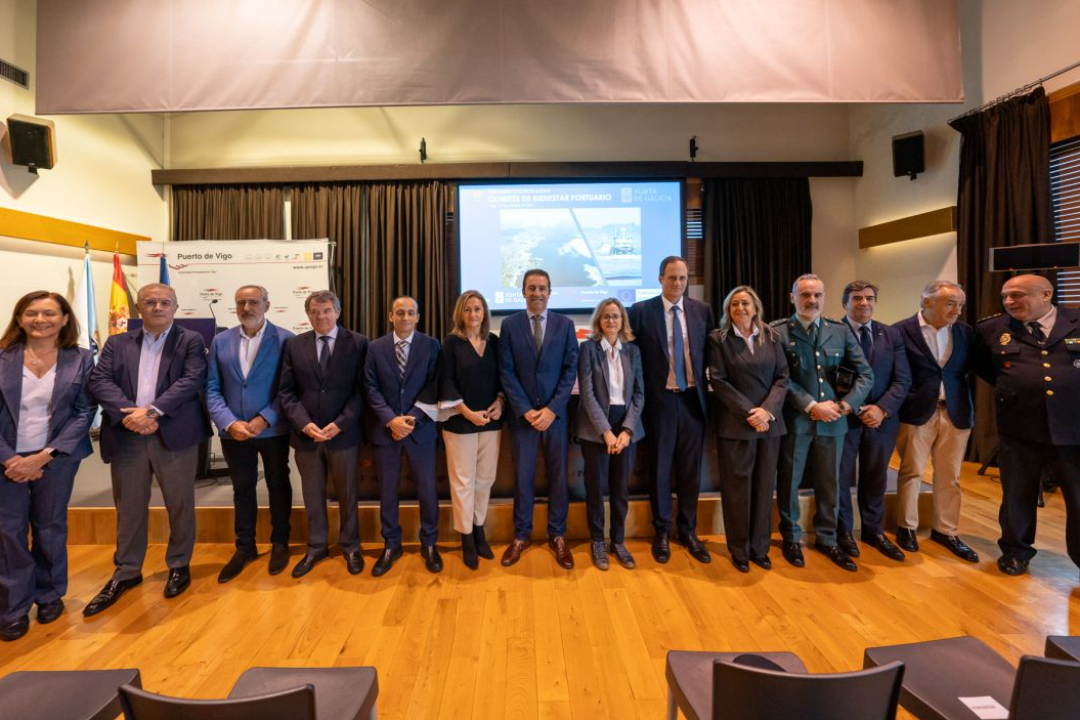THE PORT OF VIGO PRESENTS A ROADMAP FOR THE DECARBONISATION OF THE FLEET IN BRUSSELS
May 14, 2024, 3:00:00 PM

A
delegation from the Port of Vigo, led by its president, Carlos Botana, has
traveled to Brussels this week to present to the European Union's Energy
Transition Association (DG Mare) a roadmap on potential energy sources and
necessary prototypes to facilitate the energy transition of various maritime
fleets.
This
strategy for decarbonizing the fleet aims to respond to the objective set by
the European Commission within the framework of the European Green Deal, which
seeks to promote the transition to a sustainable and carbon-free economy.
A global
challenge that the institution presided over by Carlos Botana aims to champion,
outlining an Atlantic action plan that helps preserve marine ecosystems and
contributes to climate change adaptation and mitigation.
To this
end, the port's top official presented a document in Brussels outlining a
series of proposals related to the most suitable energy sources for each type
of maritime fleet, as well as the prototypes necessary to facilitate this
transition to sustainable energy.
These
proposals were consensus-built across all sectors in a workshop held last year
at the Port of Vigo as part of the Atlantic Action Plan, where representatives
from different Atlantic regions put forward specific proposals to address the
main challenges encountered in adapting different fleets to the requirements of
energy transition.
Various
Prototypes
Among the
prototypes proposed to address the challenges of energy production and supply
in maritime environments, promoting sustainability and the adoption of
renewable energy sources, highlights include the development of a multi-purpose
floating energy platform capable of combining wind and solar energy generation
in the marine environment; the design of a solution focused on flexible and
mobile energy production and storage on ships or floating platforms; and the
creation of a mixed and mobile hydrogen supply point.
Similarly,
in the case of port services, there is a commitment to a propulsion system
capable of combining hydrogen with another fuel, or the use of ammonia as a
clean alternative fuel.
Finally,
regarding the fishing sector, there is a need to design an analysis tool to
increase fishing capacity with new fuels, the construction of a small-sized
electric vessel, or the updating of the European Education System linked to
navigation and fishing with new technologies.
A Highly
Specialized and Heterogeneous Group
Carlos
Botana was appointed coordinator of the strategic axis of Ports of the Atlantic
Action Plan in 2022, after relinquishing the presidency of the Blue Ports
Network of the European Sea Ports Organization (ESPO) in Rotterdam, after three
years shaping the policies of the main European terminals in terms of
sustainable blue economy.
The working
group led by Botana Lagarón is composed of Atlantic ports, research
institutions, and national maritime organizations, such as the Socio Economic
Marine Research Unit in the National University of Ireland - Galway, the Irish
Maritime Development Office, the Portuguese Ports Association, the University
of Aveiro (Portugal), or the Union of French Ports, among others.
Obtaining
concrete results in the form of proposals and prototype designs is the working
line guiding the effort of this highly specialized group. Supporting and
promoting the generation of ideas and their materialization into projects will
be other basic pillars of the roadmap for these years.


